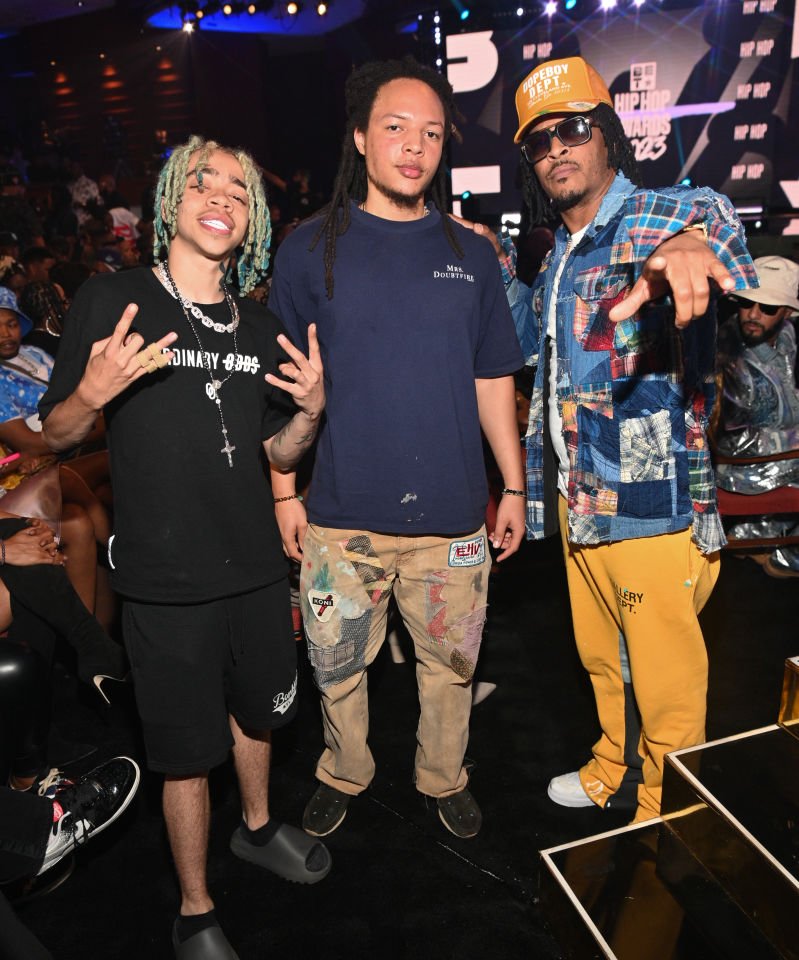Sister Nancy Lauds Jay-Z For Sampling Royalties

The value placed on sampling hits is an ongoing discussion, particularly when it comes to proper compensation. For reggae legend Sister Nancy, Jay-Z did the right thing when he sampled her iconic track “Bam Bam” for his song “Bam” with Damian “Jr. Gong” Marley on the 4:44 album in 2017. Sister Nancy spoke about the experience in an interview with Billboard.
“Everybody has sampled the song, but he chose to take me with him. Jay-Z is my number one. He did the right thing,” Sister Nancy said. “Everybody else was cheap; they didn’t even think about me.” She also spoke of her gratitude for the rapper flying her to her native Jamaica to take part in the video shoot. “The reality of him taking me with him to shoot the video in Jamaica was amazing. I really appreciated that,” the 63-year-old said. “At the time, I had just left my accounting job at the bank, so it meant a lot.”
The pioneering artist’s song, which appeared on her debut album One, Two was released in 1982. It wasn’t an outright hit at first, but it grew to become arguably the most sampled reggae song in the genre’s history. But Sister Nancy wasn’t receiving any accolades or money from it; by 1996, she relocated to New Jersey, focusing on making a more stable life for her and her daughter. That journey, and her return to music, is the subject of the documentary Bam Bam: The Story of Sister Nancy, which was an official 2024 Tribeca Film Festival selection
In the interview, Sister Nancy also spoke about the first time that she heard “Bam Bam” sampled in an unauthorized fashion, first back in Jamaica on Kriss Kross’ “I’m Real.” Upon her migration to the United States, she stated that “the first place I heard “Bam Bam” was in the 1998 Belly movie.”
It wasn’t until 2014 that Sister Nancy decided to go after her due royalties. “Working my nine-to-five at the bank was rough, and my daughter was in high school at the time. I had to depend on my mother so much as well,” she said. “I’m so sorry she’s not here to reap what she sowed—because I didn’t sow it, she did. 2014 is when I decided to fight for what is mine. And nobody complained because they knew I deserved it. They basically just gave me what I was owed.”

















